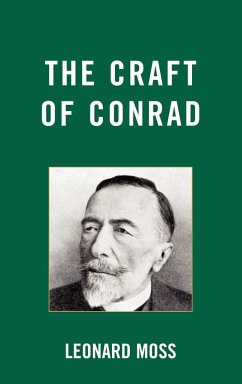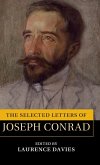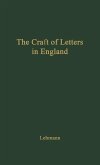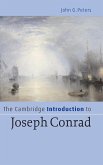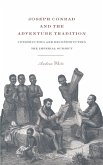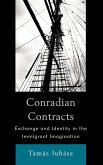Driven by his concern for the tortuous human pursuit of "ideal values," Joseph Conrad sometimes tells more than he shows. He indulged his talent for philosophical speculation, and critics usually follow that lead. They fix their attention on broad themes (imperialism, nihilism, etc.), with only passing reference to literary strategies. But fiction is not philosophy. This study, rather than rehash the "big ideas" that preoccupy most commentators, focuses on technique, Conrad's ingenious variations on a recurring narrative plan animated by images mingling light with darkness and by exhilarating rhetoric. Paradox shapes the narrative plan, the images, and the rhetoric. The story "design" unfolds a test of manhood with ironic consequences; characters oscillate between impulsive desires and elevated moral convictions, degrading the shadowy standard they desperately try to enact; the rhetoric proposes certainties and yet uncovers negations, vacillations, and contradictions. As one of Shakespeare's characters says, "I would by contraries execute all things." Appropriately, Conrad's images bring together, or alternate between, clarity and obscurity. The geographical settings are often exotic, but nature's most "common everyday" visual facts, light and darkness, become the author's chief pictorial reference. Conrad exploits the coupling of "sunshine and shadows" not only as antagonists but also, surprisingly, as paradoxical partners. That coupling may be his most original artistic contribution.
Hinweis: Dieser Artikel kann nur an eine deutsche Lieferadresse ausgeliefert werden.
Hinweis: Dieser Artikel kann nur an eine deutsche Lieferadresse ausgeliefert werden.

